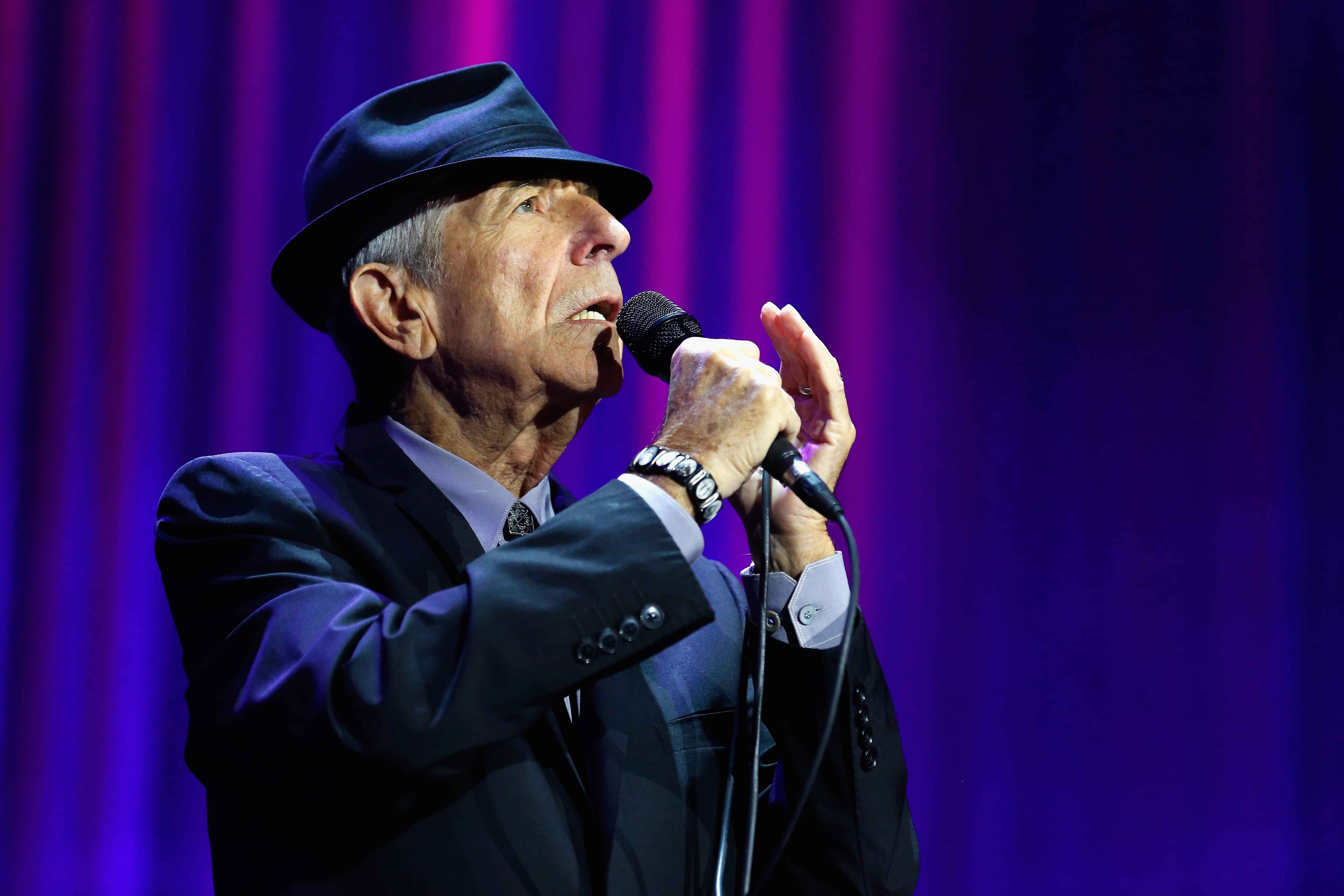Leonard Cohen’s Poetry and Music: How His Legacy Continues to Inspire

Leonard Cohen, one of Canada’s most revered artists, left behind a legacy that transcends genres, influencing generations of musicians, poets, and writers around the world. Known for his hauntingly beautiful voice, profound lyrics, and deep exploration of spirituality, love, and human existence, Cohen’s work continues to resonate with artists and fans alike, decades after his passing. His poetry and music, often seen as intertwined, have left an indelible mark on the cultural landscape, establishing him as a timeless figure whose influence endures across generations.
Cohen’s songwriting was unparalleled in its ability to capture the complexities of life with raw emotional depth. His iconic tracks like "Hallelujah," "Suzanne," and "Bird on the Wire" are known not only for their haunting melodies but for their poetic quality. Cohen’s lyrics are often layered with religious, philosophical, and political themes, reflecting his own personal exploration of spirituality and existence. His distinctive voice, low and gravelly, added an almost mystical element to his music, making it as captivating as the poetry it contained.
What made Leonard Cohen’s work particularly unique was his seamless blending of poetry and music. Many of his songs are as much about the lyrics as they are about the melodies, often employing minimalist instrumentation that allows his words to take center stage. This approach to songwriting has inspired countless musicians, from Bob Dylan to Nick Cave, and continues to influence artists today. His ability to craft songs that are both literary and musical masterpieces has made him a revered figure in both the literary and music worlds, showing that the two disciplines can complement each other in powerful ways.
Cohen’s impact is not confined to his own genre, either. His work has influenced artists across genres, from folk to rock to contemporary pop. His music has found its place in the works of artists like Rufus Wainwright, who has openly expressed his admiration for Cohen’s work, and artists like Lana Del Rey, who shares a similar melancholic, introspective style. His songs have been covered by a diverse range of artists, proving that his lyrics resonate with people of all backgrounds. The raw emotional power of Cohen’s songs and the universal themes they explore allow them to transcend time, remaining relevant to each new generation of artists and listeners.
Even in his later years, Cohen’s ability to produce new, relevant music was extraordinary. His 2016 album You Want It Darker, released shortly before his death, exemplified his continued evolution as an artist. The album was a powerful meditation on mortality and faith, echoing the themes of his earlier work while introducing a sense of finality. It was a fitting conclusion to a long and distinguished career, one that reaffirmed his place as an influential figure in both music and poetry.
Cohen’s legacy, however, is not just about the words he wrote or the music he created. It’s about the profound emotional connection he forged with his listeners. He wasn’t just an artist but a companion for those navigating life’s most complex emotions. His ability to articulate feelings of longing, despair, hope, and love in a way that felt both personal and universal has made him a source of solace for millions.
Today, Leonard Cohen’s influence continues to shape the work of contemporary artists who draw from his themes of love, loss, spirituality, and introspection. His music remains a touchstone for songwriters who aim to create work that is both poetic and accessible, profound yet simple. As artists continue to explore their own personal and collective stories, Leonard Cohen’s music and poetry serve as a reminder of the power of words and the beauty of the human experience.

.jpg)


 (1).jpg)
 (1).jpg)
.jpg)
.jpg)
